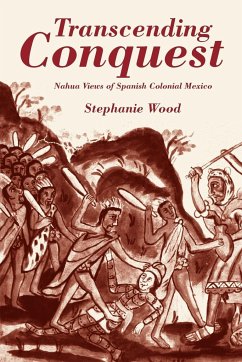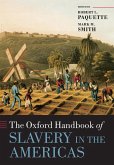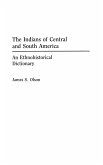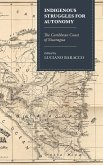Columbus arrived on North American shores in 1492, and Cortés had replaced Moctezuma, the Aztec Nahua emperor, as the major figurehead in central Mexico by 1521. Five centuries later, the convergence of "old" and "new" worlds and the consequences of colonization continue to fascinate and horrify us. In Transcending Conquest, Stephanie Wood uses Nahuatl writings and illustrations to reveal Nahua perspectives on Spanish colonial occupation of the Western Hemisphere. Mesoamerican peoples have a strong tradition of pictorial record keeping, and out of respect for this tradition, Wood examines multiple examples of pictorial imagery to explore how Native manuscripts have depicted the European invader and colonizer. She has combed national and provincial archives in Mexico and visited some of the Nahua communities of central Mexico to collect and translate Native texts. Analyzing and interpreting changes in indigenous views and attitudes throughout three hundred years of foreign rule, Wood considers variations in perspectives--between the indigenous elite and the laboring classes, and between those who resisted and those who allied themselves with the European intruders. Transcending Conquest goes beyond the familiar voices recorded by scribes in central colonial Mexico and the Spanish conquerors to include indigenous views from the outlying Mesoamerican provinces and to explore Native historical narratives from the sixteenth through the eighteenth century. Wood explores how evolving sentiments in indigenous communities about increasing competition for resources ultimately resulted in an anti-Spanish discourse, a trend largely overlooked by scholars--until now. Transcending Conquest takes us beyond the romantic focus on the deeds of the Spanish conqueror to show how the so-called "conquest" was limited by the ways that Native peoples and their descendants reshaped the historical narrative to better suit their memories, identities, and visions of the future. Stephanie Wood is Research Associate at the Center for the Study of Women in Society at the University of Oregon. She is coeditor of Indian Women of Early Mexico, also published by the University of Oklahoma Press.








